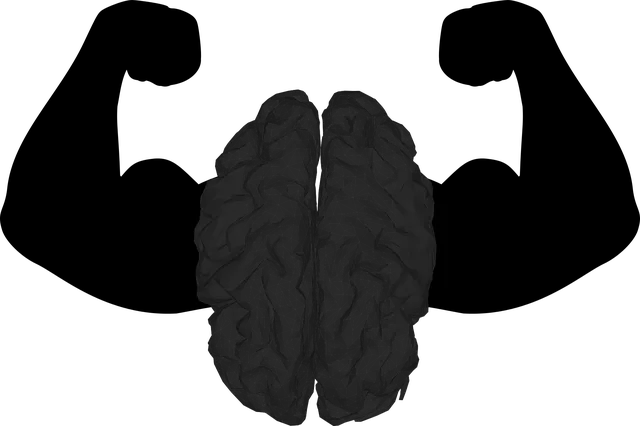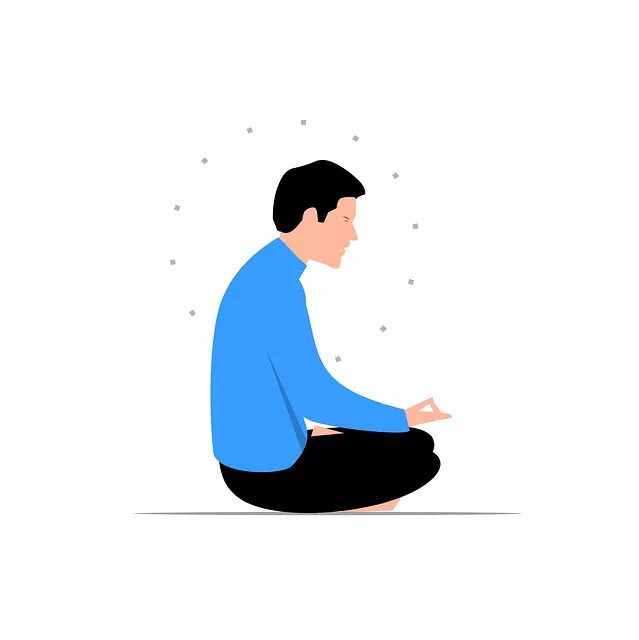Mental wellness journaling, a powerful tool promoted by healthcare provider Kaiser Lafayette, combines self-reflection with professional guidance for improved emotional well-being. By documenting thoughts and feelings, individuals can track progress, reduce stress, and build conflict resolution skills. This holistic approach, paired with Kaiser Lafayette's mental health services, fosters personal growth and a healthier mindset. To start, create a dedicated journal with sections for mood tracking, trigger identification, and coping strategies, or use digital apps offering similar features. Consistently practicing journaling allows individuals to gain insights into emotional patterns, set achievable goals, and access tailored mental health support from Kaiser Lafayette when needed.
“Unwind your mind and embark on a journey of self-discovery with Mental Wellness Journaling—a powerful tool for enhancing emotional well-being. This comprehensive guide explores how documenting thoughts and feelings can be a game-changer in managing mental health, especially through the lens of Kaiser Lafayette’s insights.
Learn to harness the benefits of journaling, from fostering self-reflection to unlocking healing potential. Discover practical tips for setting up your space, crafting meaningful prompts, and integrating this exercise into your daily routine to stay mentally balanced. Find out how to access mental health services through Kaiser Lafayette and take control of your emotional landscape.”
- Understanding Mental Wellness Journaling: Unlocking Self-Reflection and Healing
- Benefits of Journaling for Mental Health: Kaiser Lafayette's Perspective
- Setting Up Your Journal: Tools and Tips for Effective Documentation
- Writing Prompts for Exploring Thoughts and Emotions
- Incorporating Journaling into Daily Routine: Strategies for Consistency
Understanding Mental Wellness Journaling: Unlocking Self-Reflection and Healing

Mental wellness journaling is a powerful tool for self-reflection and personal growth. By committing time to write about your thoughts, feelings, and experiences, you can unlock hidden insights into your mental health journey. It’s an intimate process that encourages individuals to explore their emotions, track progress, and identify patterns of stress or challenges in their lives. Through regular journaling, one can develop a deeper understanding of themselves, leading to improved coping mechanisms and enhanced emotional resilience.
For those seeking support, Kaiser Lafayette offers accessible mental health services tailored to individual needs. This includes various therapies, counseling sessions, and resources that focus on holistic well-being. By combining these professional services with self-reflection through journaling, individuals can employ effective stress reduction methods, build empathy for themselves and others (Empathy Building Strategies), and even enhance their conflict resolution skills (Conflict Resolution Techniques). It’s a collaborative approach where personal practice meets professional guidance, fostering a healthier and more balanced mindset.
Benefits of Journaling for Mental Health: Kaiser Lafayette's Perspective

Journaling has emerged as a powerful tool for improving mental health, offering individuals a safe and private space to process their thoughts and emotions. From the perspective of Kaiser Lafayette, a leading healthcare provider, integrating this practice into daily routines can lead to significant benefits. Firstly, it encourages self-reflection and self-awareness, enabling individuals to identify triggers, manage stress, and gain insights into their emotional patterns. This introspection facilitates better understanding of one’s mental state, fostering a sense of control and resilience.
Moreover, the act of putting pen to paper allows for creative expression and can enhance self-esteem improvement. Kaiser Lafayette promotes the use of journaling as a form of therapeutic practice, aligning with the mind over matter principles. By documenting experiences, individuals can reflect on their progress, set achievable goals, and cultivate a positive outlook—all essential aspects when learning how to get mental health services through Kaiser Lafayette. This cultural sensitivity in mental healthcare practice encourages personalized care, empowering patients to take an active role in their wellness journey.
Setting Up Your Journal: Tools and Tips for Effective Documentation

Setting up your mental wellness journal is a powerful first step in prioritizing your emotional well-being. It’s a personal space to explore and document your thoughts, feelings, and experiences—a safe haven for self-reflection. To make the most of this practice, consider using a dedicated notebook or a digital tool that allows for easy organization and accessibility. You might choose a physical journal with sections for different aspects of your mental health journey, including tracking moods, identifying triggers, and jotting down coping strategies suggested by Kaiser Lafayette’s mental health services. Alternatively, digital journaling apps offer features like mood trackers, customizable prompts, and space for free-form writing, making it accessible on-the-go.
When organizing your journal, consider incorporating practices that support emotional healing processes. For instance, create a “Gratitude” section to cultivate positive thinking by reflecting on daily blessings. You can also dedicate pages for self-care ideas, mindfulness exercises, or even art and collage materials that help visualize and process emotions. Remember, the key is to make it a space where you feel comfortable exploring your thoughts, much like accessing Trauma Support Services, as this documentation will be a valuable tool in understanding and managing your mental wellness over time.
Writing Prompts for Exploring Thoughts and Emotions

Journaling is a powerful tool to gain insights into your thoughts and emotions, which is why it’s encouraged as part of a self-care routine development for better mental health. To get started, consider using writing prompts that encourage introspection and exploration.
For instance, you could prompt yourself with questions like “What am I feeling right now and why?” or “What events triggered these feelings?” Reflecting on these aspects can help in identifying patterns and potential triggers of your emotions. Exploring these thoughts and emotions is also beneficial for depression prevention as it allows you to process and understand them instead of suppressing or ignoring them. Additionally, you might ask yourself questions related to how to get mental health services through Kaiser Lafayette, such as “What resources does my healthcare provider offer?” or “How can I access professional support when needed?” Incorporating these prompts into your journaling practice can be a game-changer for enhancing your mental wellness.
Incorporating Journaling into Daily Routine: Strategies for Consistency

Incorporating journaling into your daily routine can significantly contribute to enhancing mental health awareness and overall well-being. To achieve consistency, start by dedicating a specific time slot—say 15 minutes before bedtime—for this practice. Make it a non-negotiable part of your schedule, treating it as importantly as any other appointment or task. Consider placing reminders on your phone or using journaling apps designed to support mental health services and depression prevention strategies.
For those seeking additional trauma support services, journaling can be a powerful tool for processing experiences and emotions safely and privately. By regularly documenting thoughts and feelings, you create a personalized record of your journey towards healing. Remember that Kaiser Lafayette offers accessible resources for obtaining mental health services; leveraging these can complement your journaling practice, providing comprehensive care tailored to your needs.
Mental wellness journaling is a powerful tool accessible to everyone, including those seeking guidance through services like Kaiser Lafayette. By integrating this practice into daily life, individuals can unlock profound self-reflection and emotional healing. The benefits outlined in this guide—from improved mental health to enhanced coping mechanisms—offer compelling reasons to start journaling. With the right tools and prompts, anyone can harness the transformative power of words, creating a personalized journey towards better mental well-being, much like navigating a labyrinthine tapestry of thoughts and emotions. Remember, consistency is key; incorporate journaling into your routine and discover the profound impact it can have on your overall mental health, potentially even revolutionizing your life.






